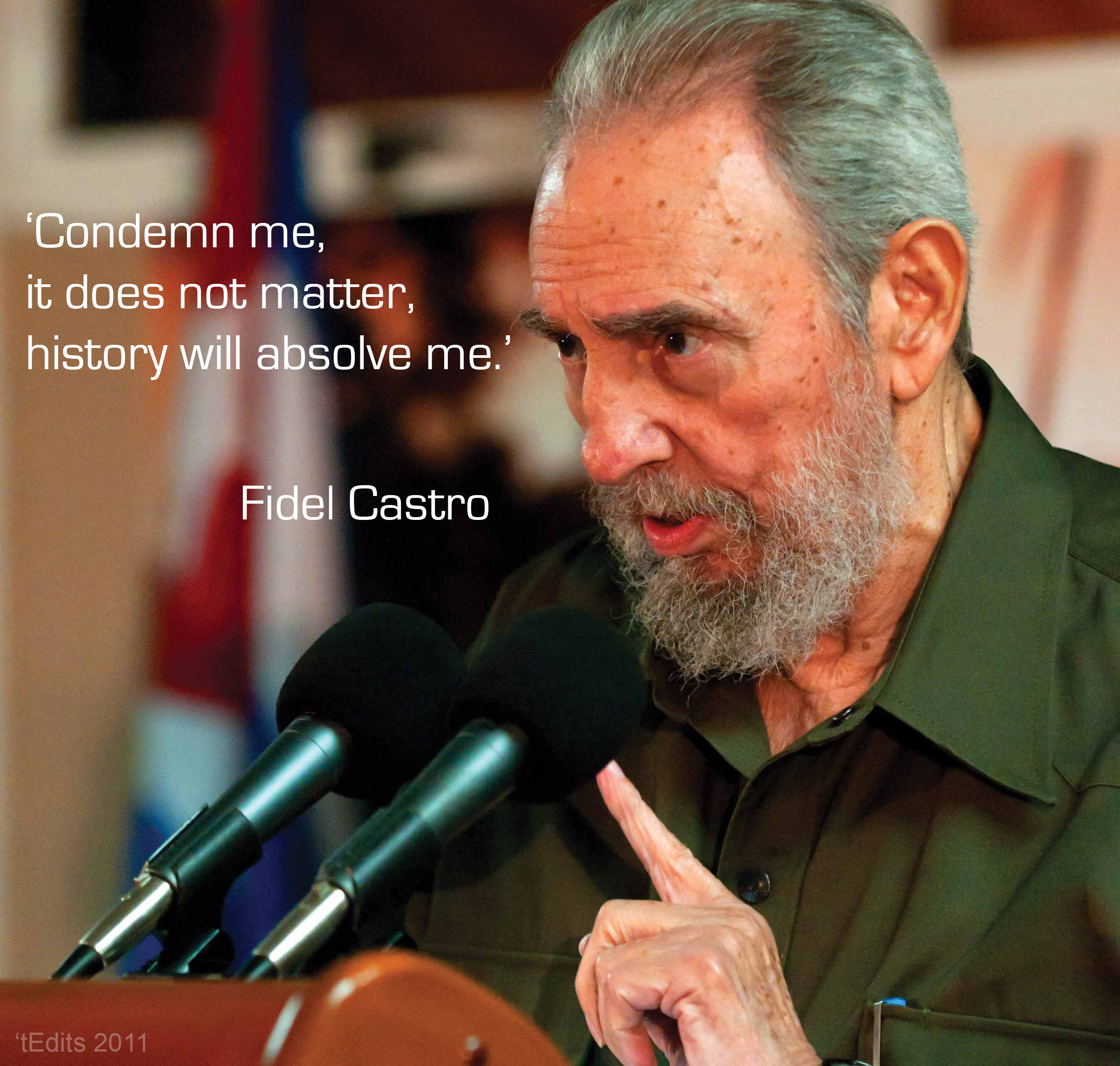I'm Watermark
Diabetic
Cuban Life under CastroAfter taking power, Castro abolished legal discrimination, brought electricity to the countryside, provided for full employment and advanced the causes of education and health care, in part by building new schools and medical facilities. But he also closed down opposition newspapers, jailed thousands of political opponents and made no move toward elections. Moreover, he limited the amount of land a person could own, abolished private business and presided over housing and consumer goods shortages. With political and economic options so limited, hundreds of thousands of Cubans, including vast numbers of professionals and technicians, left Cuba, often for the United States.
From the 1960s to the 1980s, Castro supplied military and financial aid to various leftist guerilla movements in Latin America and Africa. Nonetheless, relations with many countries, with the notable exception of the United States, began to normalize. Cuba’s economy foundered when the Soviet Union collapsed in the early 1990s and the United States expanded sanctions even further. Yet Castro, who by this time had switched his title from prime minister to president, found new trading partners and was able to cling to power until 2006, when he temporarily gave control of the government to Raúl after undergoing emergency intestinal surgery. Two years later, in 2008, he permanently resigned.
http://www.history.com/topics/fidel-castro#a3
Exploiting the US-Soviet Cold War, Fidel Castro was for decades able to rely on strong Soviet backing, including annual subsidies worth $4-5 billion, and succeed in building reputable health and education systems. But, at least partly because of the US trade sanctions, he failed to diversify the economy.
The disappearance of Soviet aid following the collapse of the USSR forced the government to introduce tight rationing of energy, food and consumer goods. The economy soldiered on with the help of Canadian, European and Latin American investments, especially in tourism.
Controls were relaxed in the 1990s, with companies allowed to import and export without seeking permission and a number of free trade zones opening up.
Cuba has forged closer ties with China and with oil-producing Venezuela. The latter supplies cheap fuel, while the former is helping Cuba to develop its own oil industry.
But the money sent home by Cubans living abroad - many of them in the US city of Miami - is still crucial to the economy. Hardships have led to an increase in prostitution, corruption, black marketeering and desperate efforts to escape in search of a better life.
Cuba has fallen foul of international bodies, including the UN's top human rights forum, over rights abuses. The UN's envoy has urged Havana to release imprisoned dissidents and to allow freedom of expression.
Relations with the US showed signs of a thaw following the election of President Barack Obama, who in April 2009 said he wanted a new beginning with Cuba.
Russia has also taken steps to revitalise ties with its Soviet-era ally, and in July 2009 signed an agreement to explore Cuba's offshore oil deposits, which are believed to be substantial.
http://news.bbc.co.uk/2/hi/americas/country_profiles/1203299.stm


